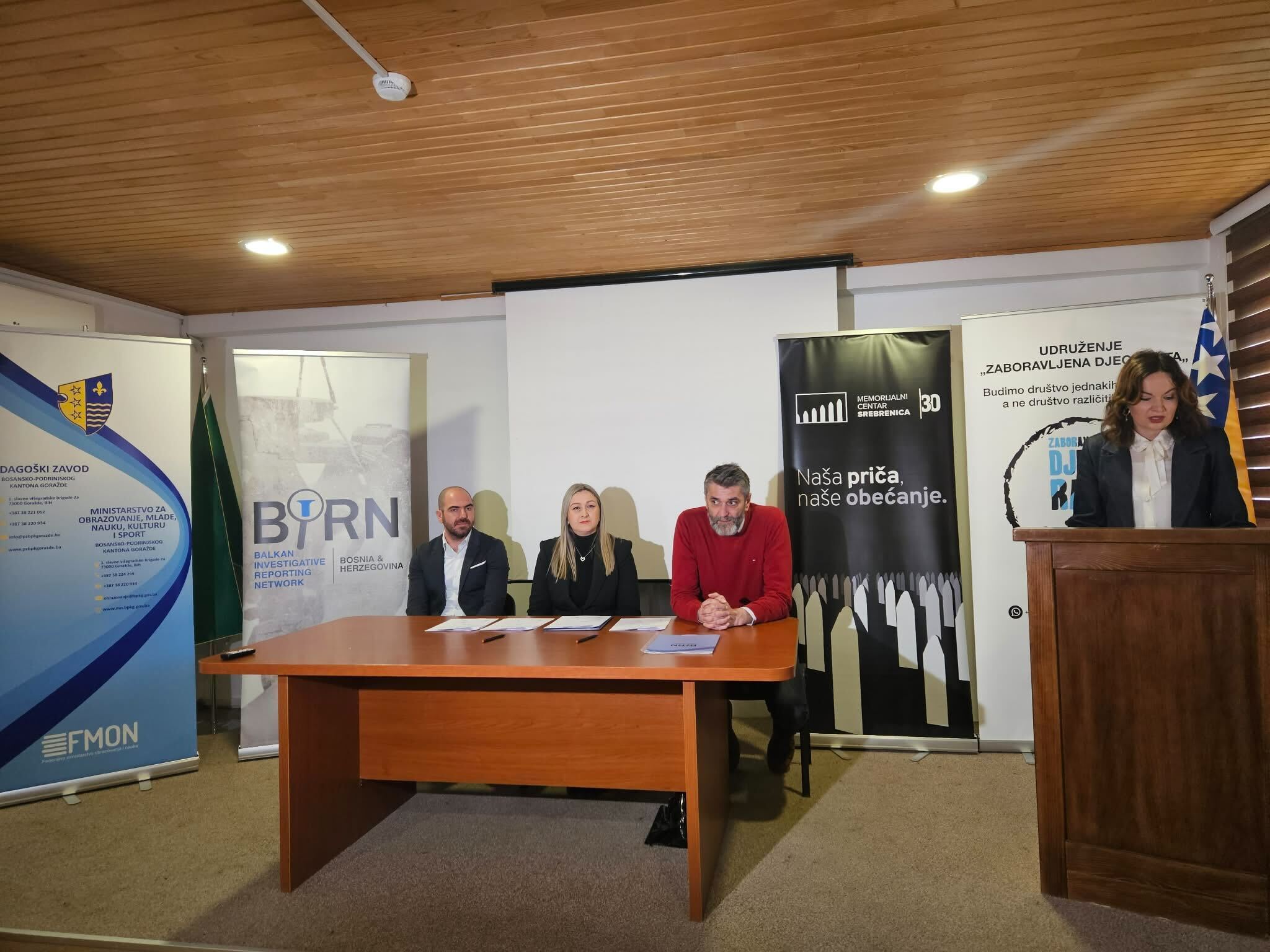This post is also available in: Bosnian
Bosnian state court president Ranko Debevec expressed regret that what he called the “real image of the court” and the important work it does is often overshadowed by criticism.
Debevec, who took office in January this year, said in a written interview with BIRN that “statements given by (in)dependent analysts, politicians and other individuals who are dissatisfied with the final outcome of a specific case” have marred public perception of its activities
Some of the criticism is linked to what has been described as the slow pace in tackling the Bosnian judiciary’s enormous backlog of war crimes cases.
The State Strategy for Processing War Crimes, which was adopted by Bosnia’s Council of Ministers in December 2008, said that the more complex cases should be completed within seven years and the others within 15 years.
Those deadlines have been missed, and Debevec said that it is difficult to predict when all the war crimes cases will finally be completed.
“The court and prosecution were established with the aim of processing war criminals, as well as perpetrators of other grave crimes, in an efficient manner. The prosecution has received several thousand criminal reports for war crimes. That is a great task, because war crimes are not simple crimes,” he explained.
“You see, trials of Nazis from World War II are still ongoing in Germany. I think there is a long road ahead of us,” he added.
Because of the missed deadlines, a working group to make revisions and amendments to the strategy has been set up; the court is part of it and is “trying to propose the best solutions”, Debevec promised.
The court currently has 150 active war crimes cases, he said.
“Practically, this means 16 investigations, 30 accusations, 72 cases in various stages of main trials and 11 appellate procedures, as well as a number of other cases,” he explained.
nlike in previous years, when the Bosnian prosecution was criticised for only charging low-level perpetrators, Debevec said that this year there are more complex cases before the judges.
“This year we have nine indictments against 16 defendants in war crime cases this year. Among those, three indictments contain charges for command responsibility,” Debevec said.
“However I must note that the issue of defendants’ rank during wartime is under the responsibility of the prosecution of Bosnia and Herzegovina. The court has no influence on who prosecutors charge,” he added.
New indictments continue to be raised, he added.
“Eleven indictments for war crimes have been filed this year. Two of them have been referred to other courts, which have territorial jurisdiction over them, because they do not fulfil the conditions for being processed before the state court,” he said.
Debevec said there were seven war crimes convicts on the run at the moment, but he argued that, considering the total number of war crime convicts, “we can say that the number is not that big”.
“The court of Bosnia and Herzegovina has invested great efforts in having him extradited to Bosnia and Herzegovina from Serbia on the basis of a special inter-country agreement, but judicial bodies of the Republic of Serbia have not been helpful,” Debevec said.



